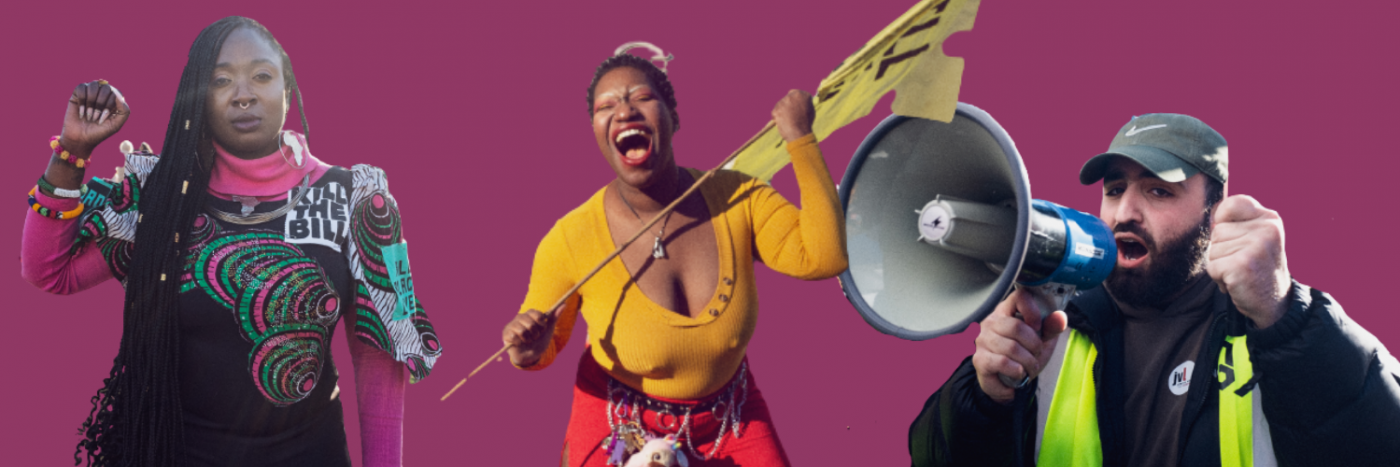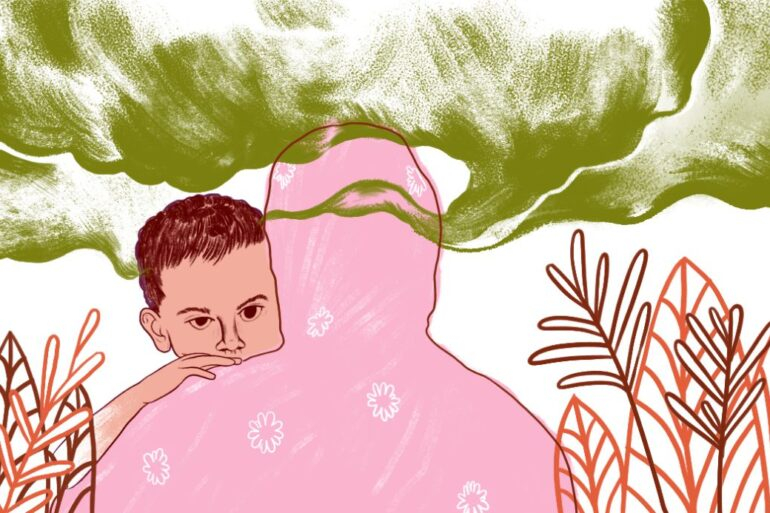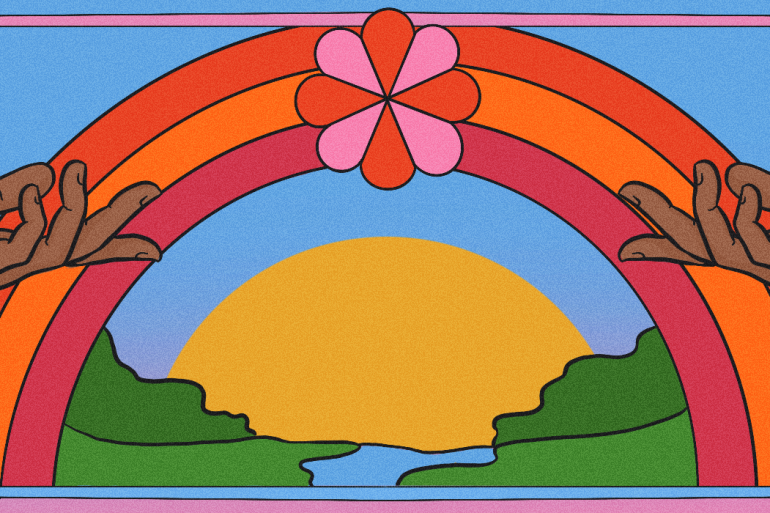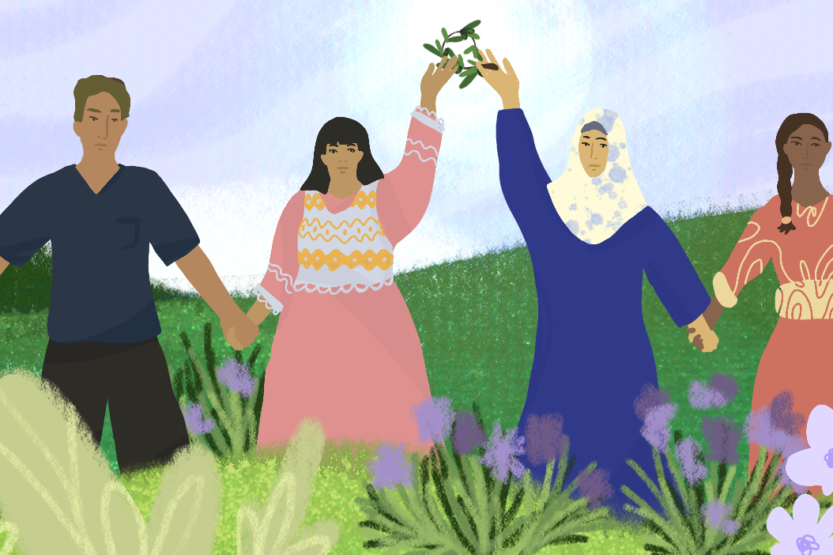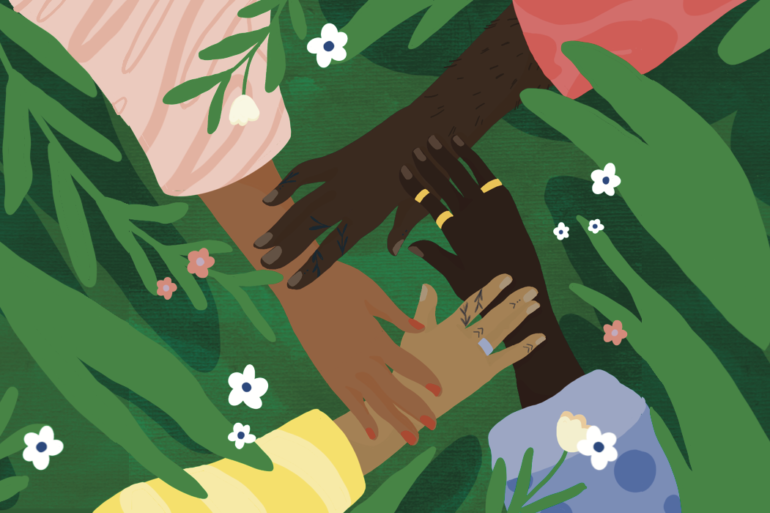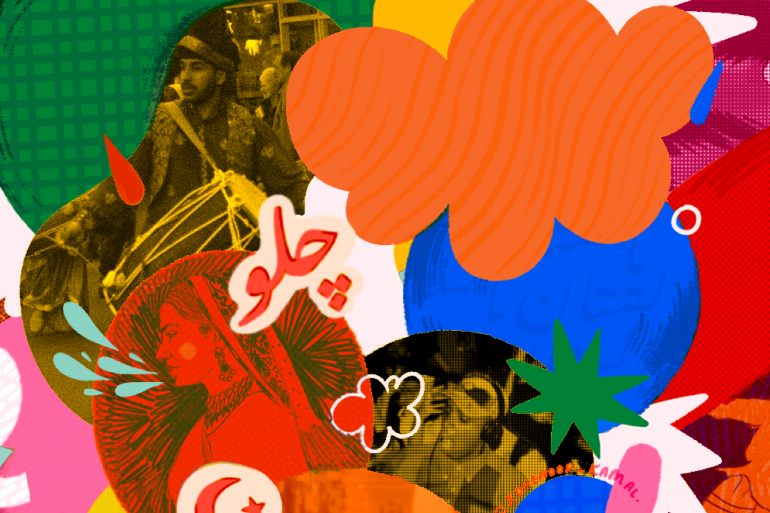What is the carceral state?
The carceral state is a term used to describe a method of national governance that relies on systems and networks of punishment, surveillance and imprisonment to control its society. The term refers explicitly to the state relationship to/use of its prisons, borders and policing systems; and more tacitly, to institutionalised and social practises that function to monitor, exclude and manage the behaviour of its subjects.
The carceral state is a term that is widely used in abolitionist and anti-racist circles to refer to a political paradigm that causes disproportionate harm to Black, Indigenous, people of colour and those from other marginalised groups including queer people, those with disabilities or neurodivergencies, and women.
The violence of the carceral state extends to those detained at borders, and in interstitial spaces between
Described by the Home Office as “the cornerstone of the government’s New Plan for Immigration,” the Nationality and Borders Bill (NABB) introduced in Parliament in July 2021, “represents the biggest legal assault on international refugee law ever seen in the UK,” according to a comprehensive joint legal opinion commissioned by Freedom from Torture.
Among the Bill’s many draconian provisions are new mandates to criminalise refugees based on how they enter the UK, the introduction of ‘offshore processing centres’ to detain people seeking asylum without assessing their claim for protection, and amendments to nationality law that would grant the Home Office the power to revoke citizenship without warning.
This is the latest in a succession of authoritarian proposals from the Home Office. Among them include the Policing, Crime, Sentencing and Courts (PCSC) Bill which threatens the right to protest and expands police stop and search powers.
These measures present a clear attack on civil liberties, a rejection of statutory responsibility to those seeking asylum, and more broadly an expanding carceral state inside the UK and at its borders.
The Kill The Bill movement
After a year of high profile protests, the movement to ‘Kill the Bill’ surges on. On the 27th February 2022, the day before the Nationality and Borders Bill was debated in the House of Lords, activists took to the streets of Westminster yet again, to demand an end to Priti’s police state.
We went down to meet those at the frontline of the movement, to find out more about the NABB and what we can all do to keep expressing solidarity in the face of such terrifying new laws.
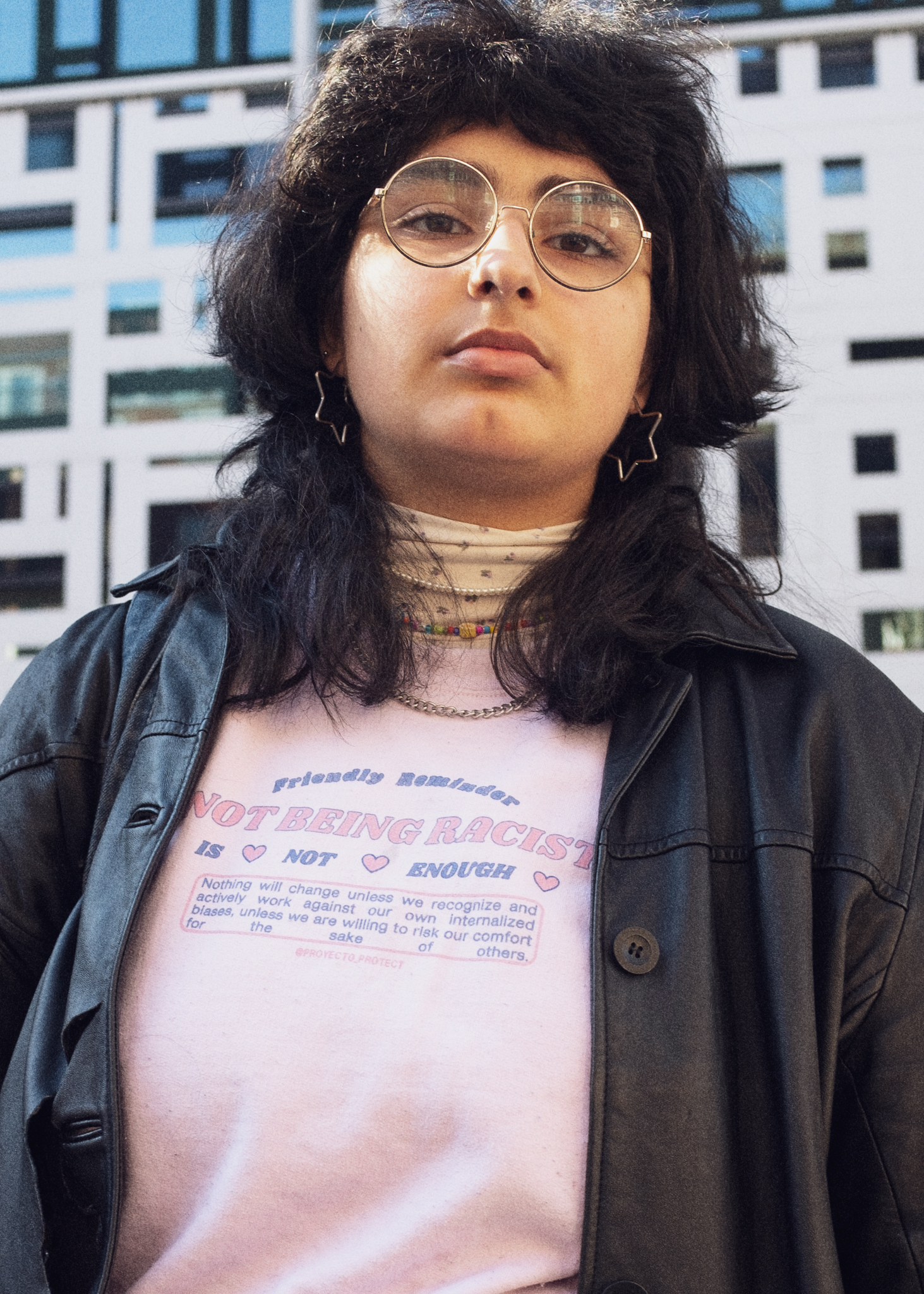
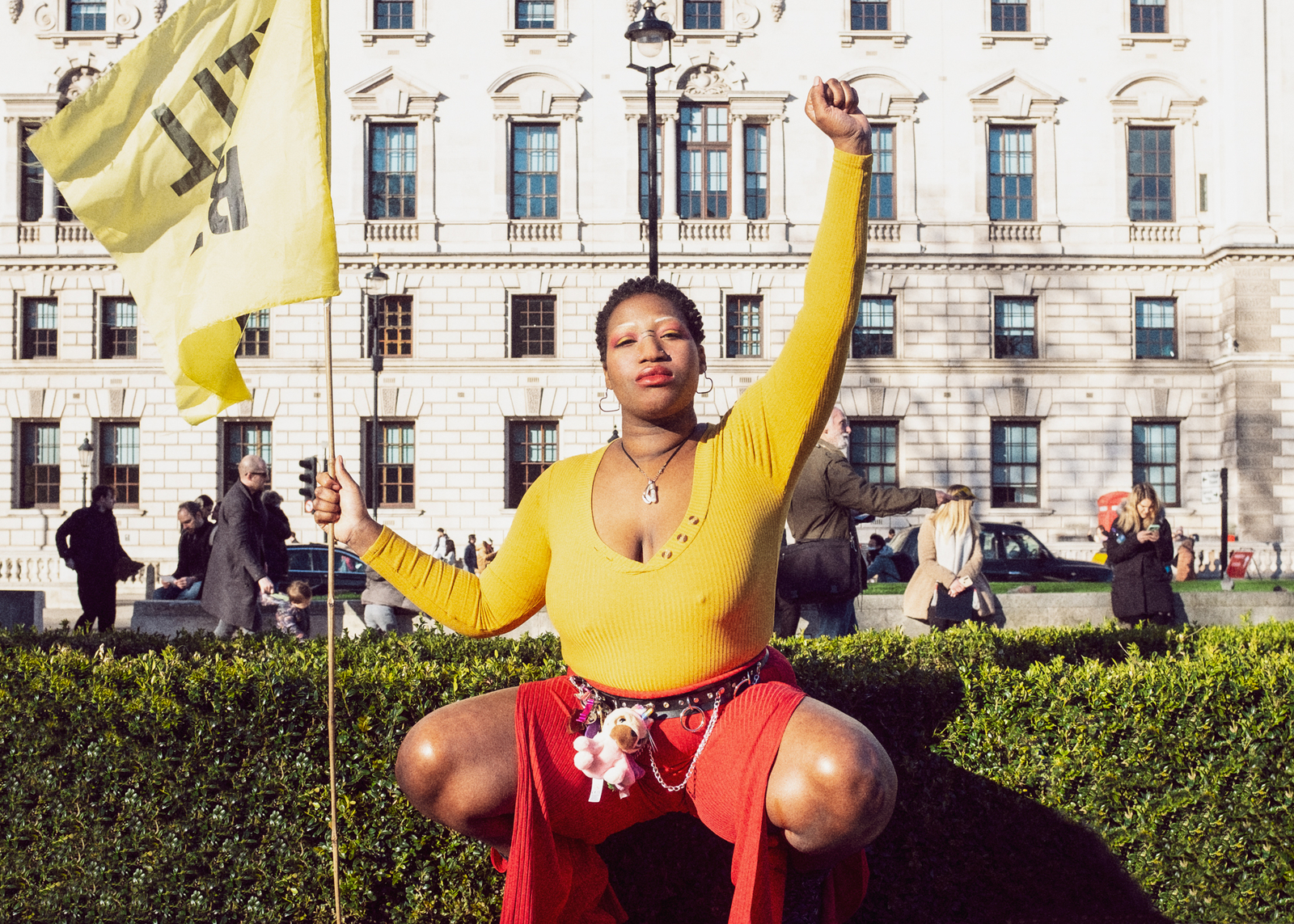
What brings you out to protest the NABB bill today?
Rianka: There’s a lot of people here that look like my dad. Sikh men. My family are from an Indian-Sikh background. The bill very much stigmatises British Asians [the deprivation of citizenship power (clause 9) will disproportionately impact non-white British citizens, affecting the citizenship of almost half of all Asian British people and two in five Black Britons]. But if it passes, any British Asian – no matter where you were born, where you’ve lived, whatever – could be stripped of their citizenship. And it’s not just this bill, it’s the PCSC Bill as well. It’s criminalising things like organising protests, things I’ve been doing since I was a teenager. This country is heading further and further into a police state, increasingly resembling a control complex.
Mariam: This is a racist bill. It is an inhumane bill. My dad came over here and he did a job people didn’t want to do. He came over here when there were signs on doors saying “No Blacks. No Irish. No dogs”. He came here on a British Passport from Saint Vincent. People of colour like him built this country and have fought for this country. It’s as much his as it is theirs. The reason people have to be refugees here is because of Britain’s colonial history and violent interference in the countries they were born in. So if the government are going to propose their bill, they better take back the whole of colonisation, give us back our fucking artefacts, reverse everything they did with their ‘divide and conquer’ tactics. But, what are they gonna do when there’s no one left here to control?
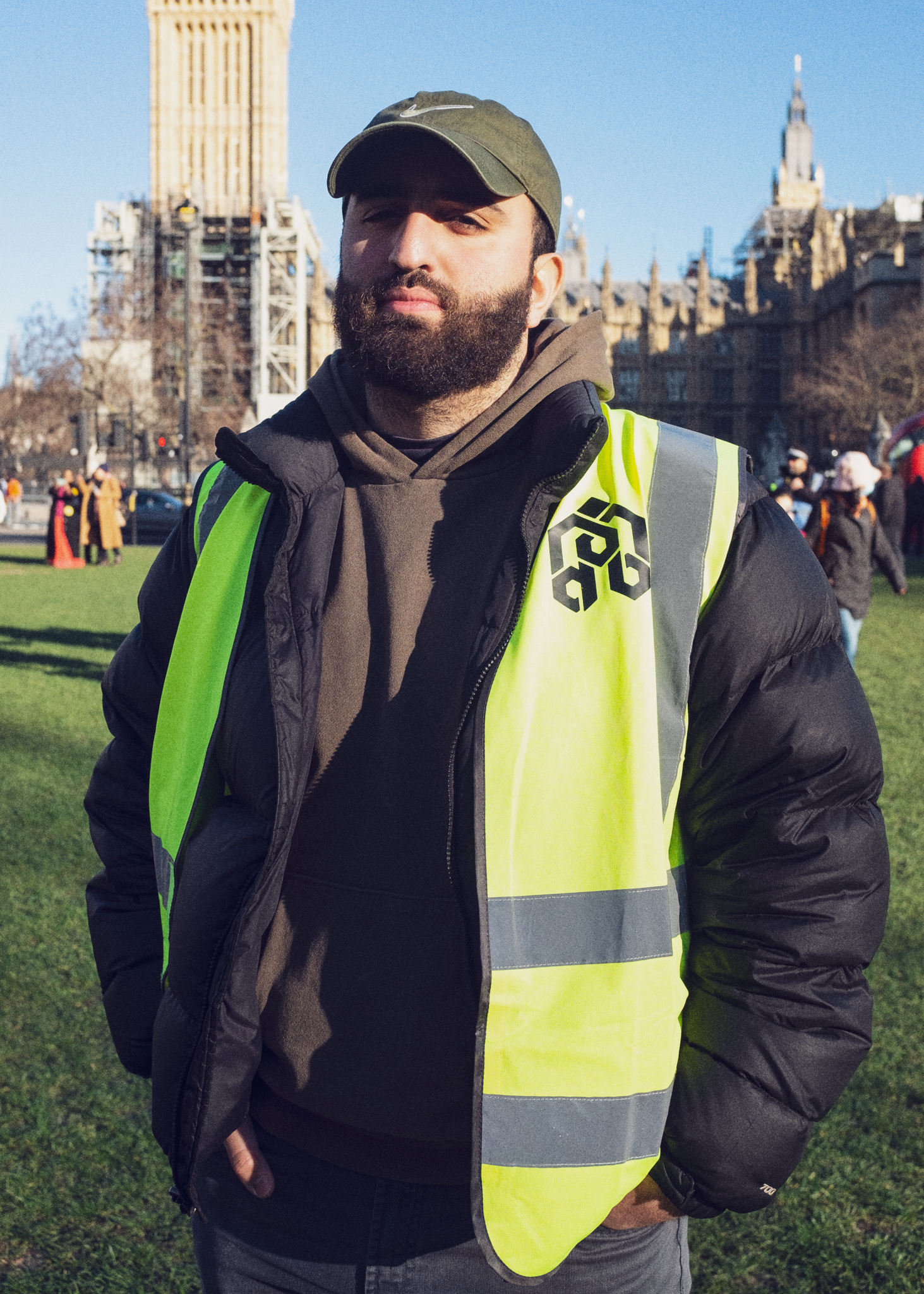
What aspect of the NABB worries you the most?
Abdurrahman: What concerns me is the racist implementation. The bill seems to apply to anyone who has a trace of foreign ethnicity or dual nationality. For example, if your parents happen to be a national of another country and you have the right to that nationality, the government will use this bill to take away your right to British citizenship because they’ll be like: “you have the right to another nationality”. It’s a cheeky political tool to get rid of people that the government doesn’t want.
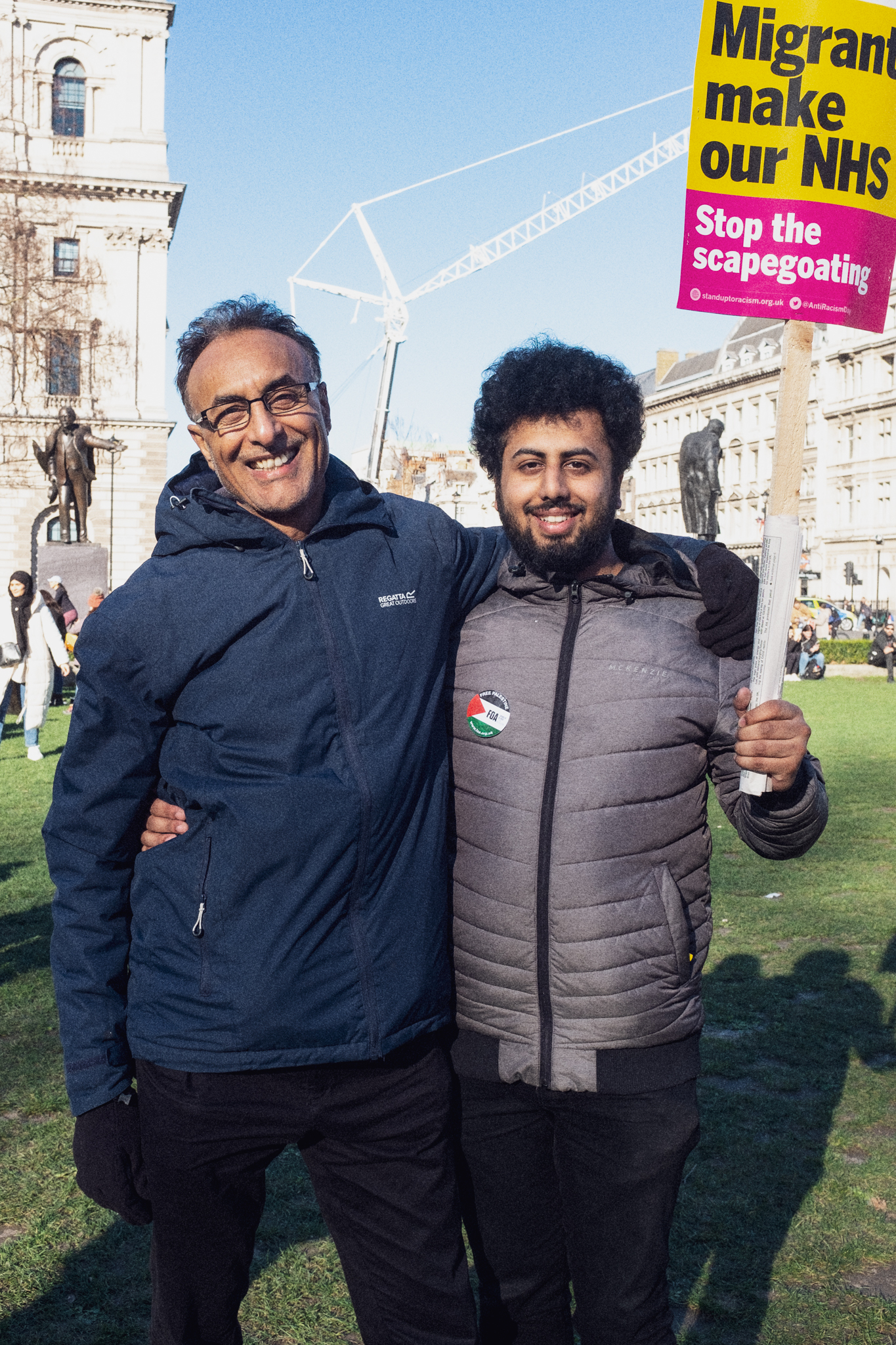
Association of Britain (Birmingham and Sandwell Branch)

How do you think this will impact racially and religiously minoritised engagement with politics, especially given the likely introduction of the PCSC Bill that would criminalise many aspects of protest and expand police powers to stop and search?
Christ: In the Phillipines, we have an anti-terror law which criminalises activists. For POC activists here in the UK, this bill would surely spread the same drastic chilling effect; people fearing going to the streets, people behaving just to save their status which they have worked on for years and spent thousands of pounds on. I want to resist that – I believe where there is a crisis, there is resistance. Solidarity will strengthen even more. People will be united. And when we are united, we will never be defeated.
Rajinder: This is part of an ongoing struggle. We didn’t come here by choice. We didn’t come here for the weather. We didn’t come here for the welcome we received. We came because of colonialism. We came here to sell our labour. And since then, we’ve been fighting the whole time for workers’ rights. And now we, our children, are all threatened by the fact that our citizenship can be revoked. At any time, without warning or reason. That’s why it’s important to protest this bill, and make sure it is revoked.
Jeevan: The revocation of citizenship worries me. I’m here not by choice. I’m here because of imperialism and colonialism; from the land that was made unliveable for my forefathers, which is why they emigrated here in the first place. Now it’s getting scary because even my citizenship can be stolen away from me.
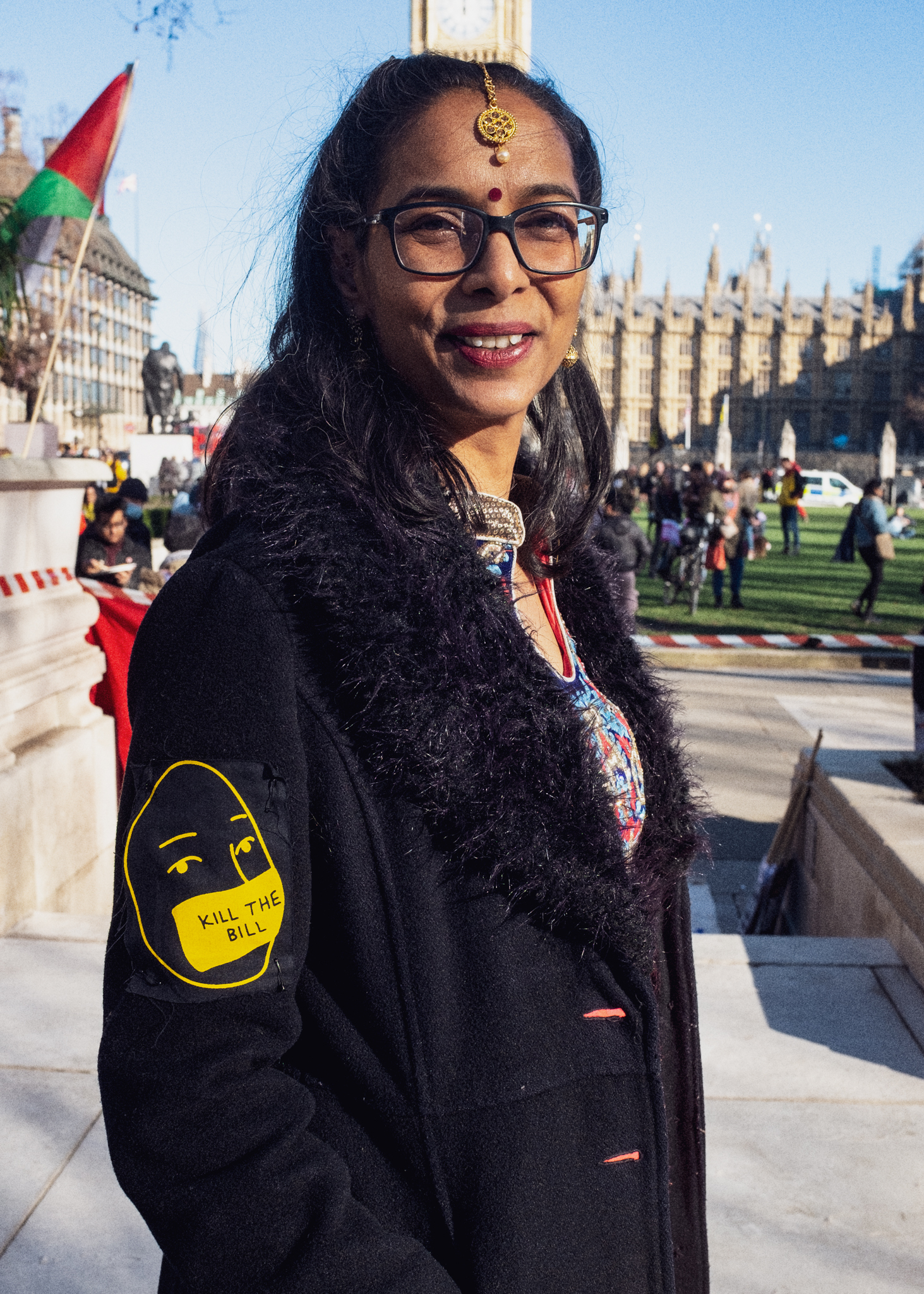
There are actually significantly fewer people claiming asylum in the UK than there used to be [The last full year before the pandemic, figures stood at 36,000, less than half those of 20 years ago]. Why do you think the bill comes at this point in history?
We know that globally, facism really has taken hold. It’s the death grip of capitalism, as people have started to recognise that because of climate collapse these systems need to change. So capitalism is fighting for its survival. You’ve got imperialism, colonialism, and patriarchy all working together: “we need to be part of this fight.” So these forces have unified to become facism. Which is why we’re seeing such polarisation. It’s why we’re seeing this kind of policy.
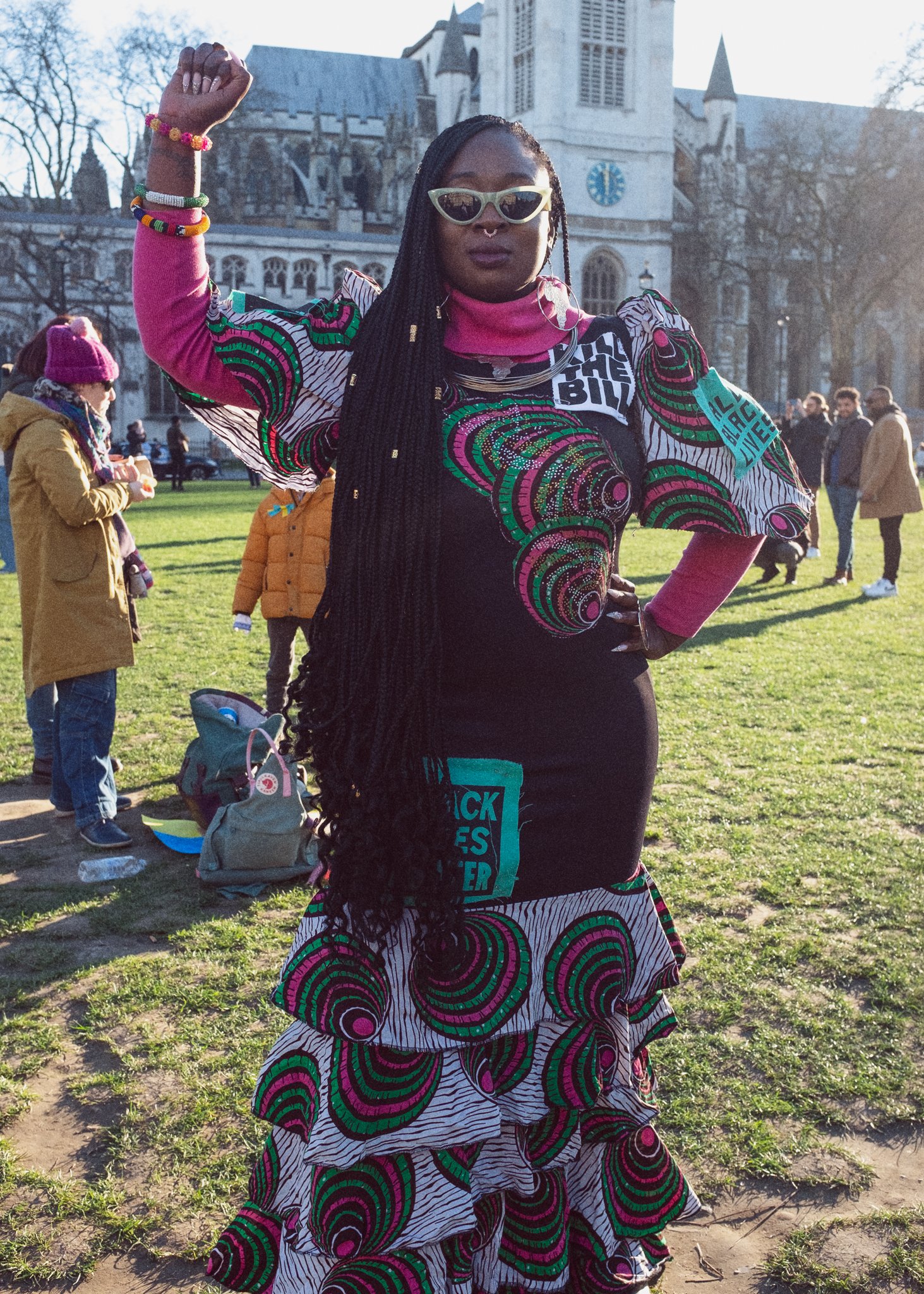
As the UK government enacts more and more punitive measures, how can we keep expressing solidarity?
Marvina: Are you gonna turn up on the streets for me? All you can do is be an activated human being. There’s a hero in all of us if you just use your voice. See, I want an accomplice, because right now it seems like people are treating allyship as only a 9-5 job. Instead of people asking me, ‘how d’you want me to tell your story?’, actually pass the frickin’ mic and give me a space to tell my own story!
Abdurrahman: Solidarity isn’t just words. It’s action. Solidarity involves realising that regardless of ethnicity, colour or background, you have a responsibility as a human being to seek justice. Fighting injustice is a constant battle, so it’s up to us to be responsible and fight against it. How do we do this? Let’s message our MPs, our local councils. Everybody’s got a town hall. Everyone’s got a local office that they can go to. It’s all about being that constant noise. It starts like that. It’s slow. But it’s all about action.
Mariam: Attending a protest is great, but a lot of the really hard work happens behind closed doors – and needs to happen with compassion.
Bhavini: Solidarity is really important for the movement. Instead of looking at this bill and saying, ‘well, I’m a refugee so I’m only going to focus on that, or ‘I’m only worried about my citizenship so I’m going to focus on that,’ we need to unite and work together. The key is in putting an umbrella over all these issues to connect them together. We can’t allow the system to separate us; It’s only if we stand united under that umbrella that we can bring the system down. And that’s what you see here today. The coming together of people who have different and broad-reaching concerns with the bill, yet they’ve all come together on the same day – the unity of it is amazing.
The day after the protest, the House of Lords voted to remove the revocation of citizenship clause in the NABB and the provision pertaining to “differential treatment” to refugees depending on how they enter the UK. This glimmer of hope for activists was quickly dashed by the Commons who voted overwhelmingly to reinstate these authoritarian measures, making the UK “one of the most anti-refugee countries in the world” according to Médecins Sans Frontières.
Subscribe to shado's weekly newsletter
Exclusive event news, job and creative opportunities, first access to tickets and – just in case you missed them – our picks of the week, from inside shado and out.

It’s clear the struggle to protect the right to asylum and the liberties of racialised groups already living in the UK is far from over.
The NABB will now ‘ping-pong’ between the Lords and Commons until agreements can be made. The PCSC Bill, meanwhile, has reached the final stages of debates in parliament. Activists like the incredible people we met on Sunday 27th February are not going to back down easily. Yet the power of the masses will be essential if their voices are to be heard and these draconian measures revoked.
What can you do?
- Follow Kill the Bill, Anakbayan UK, the Muslim Association of Britain (MAB)and Save Our Citizenships for updates on how you can demonstrate, get involved with organising and demand an end to an expanding carceral state in the UK.
- Join a migrant and racial justice solidarity group to protest the hostile environment and show solidarity with refugees. Migrants Organise, SDS (SOAS Detainee Support), Lesbian and Gays Suport the Migrants and Stand Up to Racism are all great places to start. Or volunteer: Refugee Action, Refugee Council, HostNation, Hackney Migrant Centre, CARAS (Community Action for Refugees) all run brilliant volunteering programmes.
- Read up on carcerality, police states and abolitionism. Great new releases include:
- Brick by Brick by the Cradle Community
- Becoming Abolitionists by Derecka Purnell
- Change Everything: Racial Capitalism and the Case for Abolition by Ruth Wilson Gilmore
- Abolition. Feminism. Now. by Angela Y. Davis, Gina Dent, Erica Meiners and Beth Richie.
- Join a reading group such as Abolitionist Futures and SDS (SOAS Detainee Support)
- Write to your MP. Advice and templates can be found HERE and more resources HERE
- Monitor the hostile environment. Join local cop watch groups to combat immigration raids, Gypsy and Traveller and asylum seeker and homelessness evictions, and monitor interactions with the public.

